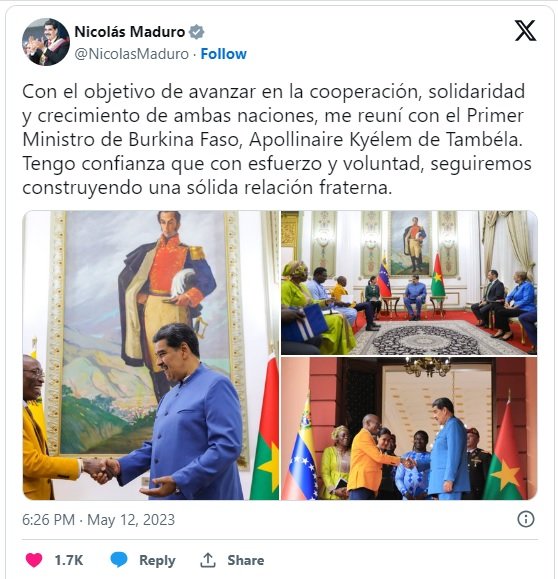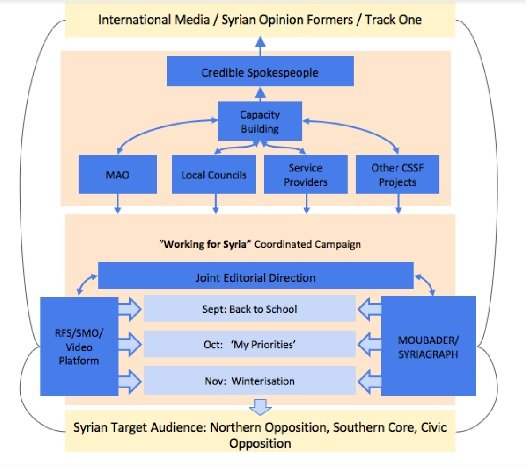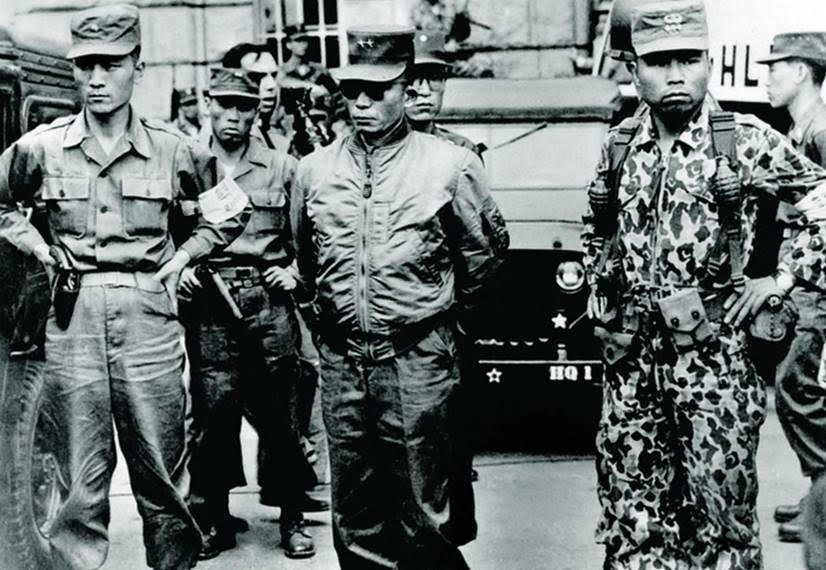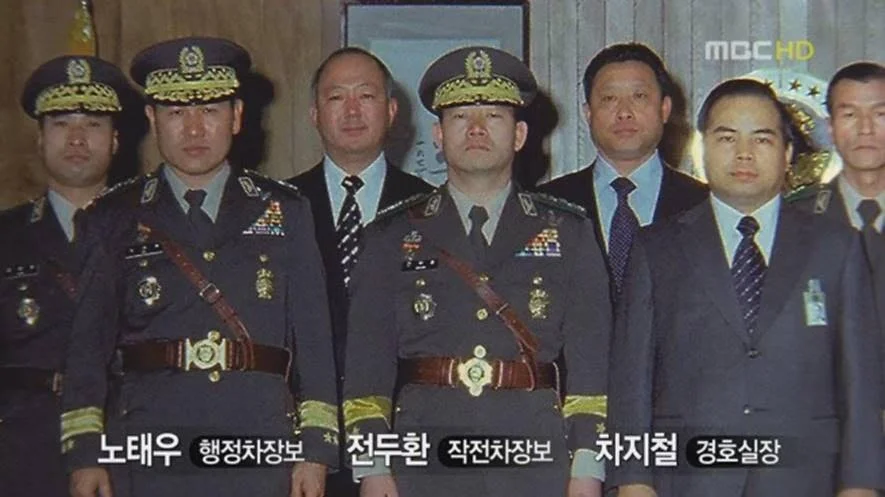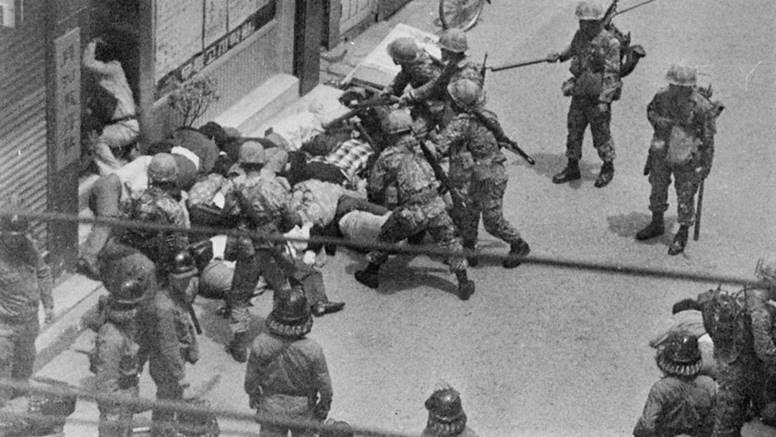By Harry Z
In December 1964, in a fiery speech to the United Nations, Che Guevara undressed the hypocrisy of those who were attempting (unsuccessfully) to overthrow the Cuban Revolution:
‘Western civilization’ disguises behind its showy facade a picture of hyenas and jackals … it must be clearly established that the government of the United States is not the champion of freedom, but rather the perpetrator of exploitation and oppression of the peoples of the world, and of a large part of its own population.
James Baldwin echoed Che, just a few years later:
All of the Western nations have been caught in a lie, the lie of their pretended humanism; this means that their history has no moral justification, and that the West has no moral authority.
The zionist assault on Palestine has once again exposed the dark underbelly of the west’s so-called free and democratic values. Their cynical idealism melts into hypocrisy with each American-made missile that obliterates a Palestinian neighborhood.
This hypocrisy proclaims the importance of the press while massacring scores of Palestinian journalists; extolls sovereignty in Ukraine while arming settlers in Israel; opportunistically “defends” women's rights in Afghanistan while bombing schools and hospitals in Gaza; cynically vetoes ceasefire resolutions supported by the vast majority of the world while supporting those who openly proclaim their desire to erase the Palestinian people from history.
The same self-righteous liberals who dutifully cheer on wars of aggression, from Iraq to Grenada, under the pretense of ”defending democratic values” — the same Americans who celebrate the slavers and perpetrators of a genocide who fought the British in a “Revolutionary War” — these hypocrites chastise the Palestinian people for resisting extermination with a revolutionary counter-violence of their own.
In their surrealist calculus, mass theft of land, concentration camp conditions, kidnapping and torture of political dissidents — these are valid, state-sanctioned violences.
But to throw a rock at a tank, to kill a settler, to dare protect your own dignity and humanity with violence of your own — that is terrorism.
A Yemeni blockade in support of a people on the brink of extermination is an unacceptable violation of international law, a terroristic campaign — yet the decades-long, murderously cruel blockades imposed on Cuba and Gaza, against the will of nearly all nations on earth, are barely worth a mention.
In these moments of heightened political consciousness, the empire stands naked, cowed, on trial before the world’s watchful masses. The stubbornness of the resistance brings an anxious sweat to their brow, the weight of a thousand genocidal lies forces their head to bow, and once again the mask slips.
In June of 2020, the empire and its domestic foot soldiers, the police, were similarly unable to hide behind their usual pretenses. In the face of a mass uprising which threatened their very existence, the police could only respond by brutalizing, kidnapping and denigrating the very people they claim to “protect and serve.” For a brief moment, it was eminently clear to all pragmatic observers that the police were not acting out — they were fulfilling their function, as they always have, of protecting capitalist property and disciplining the poor and racialized populations who resist the quotidian (and spectacular) horrors of racial capitalism.
But while it burned bright, this moment of radical possibility was crushed, co-opted and liberalized almost immediately. Five months after George Floyd was lynched by the state, millions of the same people who flooded the streets in June took to the polls to vote for one of the chief architects of mass incarceration and the war on drugs. The revolutionary horizon of abolition, initially propelled by the justified rage of the Black masses, was sanitized and co-opted by liberal politicians, artists and opportunists. Corporate diversity seminars and police “reform” bills took center stage. In most places, police budgets increased after the uprising.
Similarly, in the 1960s and 1970s, the FBI and local police departments mobilized in a previously unheard of manner to infiltrate and sabotage Black and brown revolutionary organizations — and to kidnap, torture, harass, stalk and assassinate their leaders. It’s always telling which movements face the most severe state repression, for those are the movements which threaten the very foundations of empire.
These organizations posed an existential threat — as Hoover famously wrote, “the Black Panther Party, without question, represents the greatest threat to internal security of the country” — not only because of their commitment to domestic revolutionary practice, but because they viewed their work as deeply interconnected with the global third world struggle against imperialism. They understood that the capitalist and colonial imperatives which cripple the dreams and life chances of poor, racialized communities in the United States are the same forces which maintain apartheid states like Israel. The violent techniques of repression and eviction we’ve witnessed in Sheikh Jarrah and in the West Bank settlements are the same forces (police and property) viciously gentrifying our cities. Palestinians and Black Americans are victims of the same fascist techniques of police brutality, torture and incarceration. It’s no accident that revolutionaries like George Jackson found inspiration and common cause with the Palestinian struggle.
To make these connections and to organize on their basis is to strike at the very foundations of empire. When the leaders of the Black power movement aligned themselves with the leaders of socialist anti-colonial struggles across the Americas, Africa and Asia, they marked themselves for destruction. Faced with this existential threat, the US police state did not hesitate to reveal its fascistic character.
In both of these moments, the mask slipped. The state could not hide its true function as the violent organizing institution of racial capitalism.
But, due to a combination of factors, chiefly state repression and careful ideological maneuvering, the mask was re-made — often incorporating crass representation of the groups it sought to repress and shallow nods to the symbolism of the movements it had just ruthlessly crushed — and donned once more. Black power came to be more closely associated with Black capitalism than revolutionary political practice. Nixon invoked the specter of Black nationalism and communism to rally southern whites around his revanchist political project. As Fred Hampton’s blood stiffened in his mattress, the long arc of neoliberalism, white power and mass incarceration took its vengeance.
Armed with this history, we confirm that the death cult of empire is irreconcilable with our dreams of a just world. Its lofty ideals are no more than a charade, its claims to world leadership as fragile as Henry Kissinger’s rotting skeleton.
With every stone, bullet and improvised bomb that the Palestinians hurl back at the occupying forces, with every market in Gaza that defiantly opens in the brief moments of quiet, with every doctor that works in the dark, against impossible odds, bandaging and stitching and mending while the occupation closes in, with every child that draws breath, in defiance of the wishes of the most powerful armies on earth —
With their humanity, their naked, honest humanity, the Palestinian people confirm that they — not the blood-soaked bureaucrats in Washington, nor the shameless journalists at the oh-so-revered New York Times, nor the murderous foot soldiers of global capitalism at NATO — are the true humanists, the real “leaders of the free world.”
In Gaza, the empire faces its gravediggers.
And in each act of the resistance, a new world is born, kicking and screaming, fragile yet determined, beyond doubt, to survive. We don’t know what shape this world will take, or when it will mature, but we know that it will not emerge from Washington, London or Tel Aviv. Our new world will be nursed at a thousand sites of resistance, fed with the fruits of our labor which once swoll the bellies of our blood-sucking bosses, raised by freedom fighters in every corner of the world.
We owe it to the struggling masses of Palestine, of the Congo, of those in a thousand sites of resistance to the long tentacles of the US empire — and we owe it ourselves, to our domestic struggles for liberation — to never let those hyenas and jackals hide behind their false humanism again.
Before the forces of liberalism capture this moment, we must concretize our ideology, and hammer home that there is no reforming this beast which we are uniquely positioned to destroy. There is no humanistic mission to the US empire. There are no “mistakes” as we so often call our genocidal ventures into Vietnam or Iraq.
To paraphrase the great Du Bois: This is not the United States gone mad; this is not aberration nor insanity; this is the United States; this is the real soul of empire — naked, drenched in blood, built by blood money; honest, for once.
The empire’s actions in Gaza are not tragedies or missteps but rather the predictable and historically consistent behavior of empire, from Wounded Knee to Jakarta, from My Lai to Attica — and with a Democratic president and “socialist” legislators in virtual lockstep with Israel’s genocide, we would be remarkably naive to pretend that the institutions of empire possess any capacity for reform.
As just one example: we cannot return to a world in which The New York Times is regarded as the unbiased paper of record. The zionist mythology is nurtured and legitimized in their pages: the colonizer morphed into the victim, the colonized morphed into, at best, a historyless people, and at worst, a nation of terrorists. The ongoing Nakba — that ethnic cleansing by the Zionists, that cataclysm for the Palestinian people — erased from history, replaced with a collective amnesia about the violent foundations and maintenance of the Israeli state. And it doesn’t stop there:
From Korea and Guatemala in the 1950s, to Vietnam and Indonesia in the 60s, Nicaragua, El Salvador, Chile and Grenada in the 70s and 80s, Iraq, Afghanistan and the former USSR in the 90s and 2000s, Libya and Yemen in the 2010s — that deified rag has consistently ginned up support for US aggression and justified the tremendous violence we inflict on the rest of the world — crusade-like, in the name of anti-communism, democracy, human rights, “American interests” or whatever smoke screen our leaders and their loyal accomplices in the press concoct to distract us from the violence’s true function: the disciplining arm of global imperialism, the massacres, rivers of blood, tortures, loyally installed fascist dictators, carefully trained death squads, psychological warfare and sexual violence which puts anti-colonial, anti-capitalist movements to the sword for daring to challenge the profits and hegemony of Western multinational corporations.
These understandings have serious tactical implications. Our tactics must not, cannot stop with politicking and marches. As we have learned — including through the example of the Yemeni blockade — the cold heart of capitalist empire responds only to organized, frontal attacks on its economic organs and central nervous system.
We cannot shame empire into a humanism it has never and will never possess. We cannot appeal to the conscience of a state which has none.
But we are uniquely positioned to strike at the soft underbelly of the beast. Israeli bombs, guns and tanks are designed by American engineers, who are trained in our schools and universities. These weapons are built by American workers, with American tax dollars, shipped through American ports and accrue huge profits to American capitalists. America’s vampiric financial institutions — Blackrock, Vanguard and State Street, namely — provide the blood money which fuels the US-Israeli war machine. It goes without saying that the Israeli Occupation Forces maintain bone-deep ties to both local American police forces and national intelligence agencies.. If we aren’t positioned to resist the American transnational war machine, who is? Our capacity to resist is a question of will, not opportunity.
And if we are to resist, if we are to truly call ourselves anti-imperialists, freedom fighters, workers and tenants and students in solidarity with the peoples of the third world — whatever our lofty aspirations may be — that must mean, we must accept, that we are not working to reform empire — we are at war with it.
The United States, as we know it, must die for the world to live.






